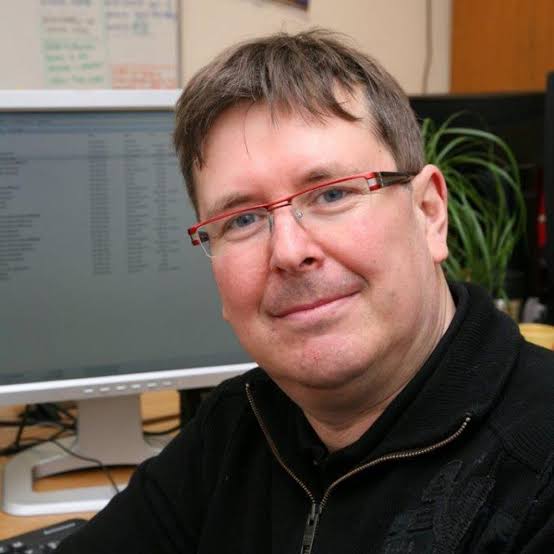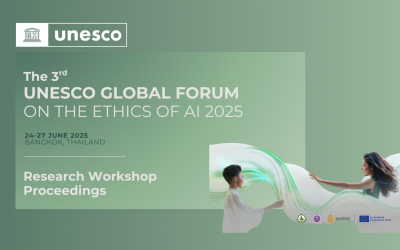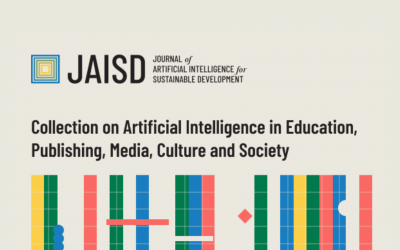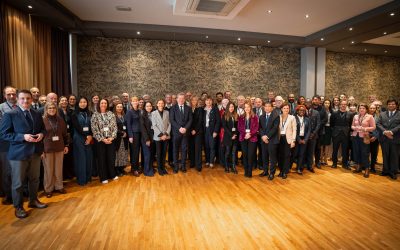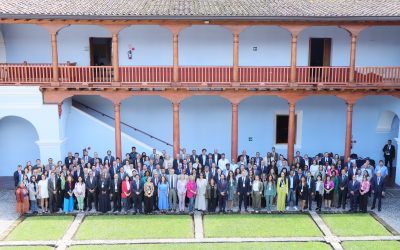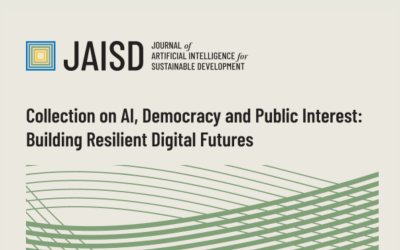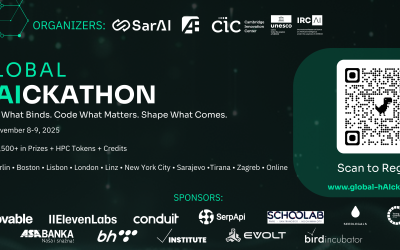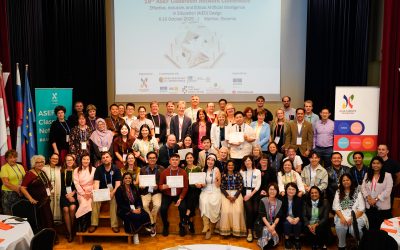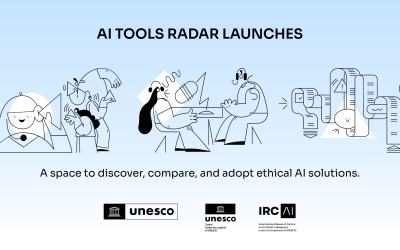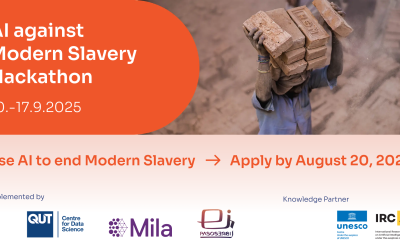“AI offers powerful tools to improve teaching and learning. It has the potential to make education more enjoyable, motivating, engaging and accessible. However, in order not to become victims of AI, it is important to cultivate critical thinking, question everything, participate in the debate, share perspectives and critical analysis of the phenomenon.” Mitja Jermol
Mitja Jermol, UNESCO Chair in Open Technologies for Open Educational Resources and Open Learning and one of IRCAI’s leaders, recently spoke at the NextGen AI Summit in Milan, an inspiring and interactive event organized by the Italian Ministry of Education, which brought together over 1500 Italian students, teachers, school leaders and experts to discuss the main issues related to AI and its applications in the school system.
After the event, Mitja gave an interview for the digital magazine Italia Oggi, written by Alessandra Ricciardi and published on February 3, 2025. Here is the full interview in English.
Alessandra Ricciardi: What opportunities does artificial intelligence (AI) offer in education?
Mitja Jermol: AI can not only change learning systems, but also offers the opportunity to rethink current teaching principles and pedagogical approaches. However, its rapid development requires continuous exploration through experimentation, testing and validation in real teaching and learning contexts. Sharing best practices and learning from each other is therefore essential to address the integration of AI in education.
Alessandra Ricciardi: What approach do young people take? And what role can international guidelines play?
Mitja Jermol: This NextGen AI initiative is both inspiring and informative. The high level of engagement of so many students clearly shows that they are aware of the change that is taking place in the world of education in relation to AI. They recognize the lack of established approaches to the effective use of AI and are eager to contribute. Their concern is important as it directly impacts their future. We need to provide them with opportunities and tools to help shape not only educational programs and methods, but also relevant policies. I am confident that this initiative can make an important contribution to the policy guidelines and that it should be shared and tested, especially in other countries. As UNESCO Chairs, we are in an ideal position to facilitate this kind of international cooperation.
Alessandra Ricciardi: Integrating AI into schools also means educating young people so that they do not become its victims.
Mitja Jermol: We need to develop both an awareness of the implications of AI and the ability to think critically. In a world where everything can be manipulated, the scientific method is becoming increasingly important. It is important to develop a critical sense, question everything, participate in the debate, share perspectives and critically analyse the phenomenon.
Alessandra Ricciardi: What are the ideas of the summit, organized by the Italian Ministry of Education?
Mitja Jermol: This NextGen AI event was one of the most inspiring I have ever attended. It was an impressive demonstration of how much students care about their future and how much they analyze both technological advances and the impact of AI in general. Their desire to be more involved in shaping their own future is evident. The summit is an excellent model for other countries to adopt. I look forward to the future, especially future activities at ministerial level.
Alessandra Ricciardi: Can AI in schools help to reduce inequalities by incorporating the systems of less advanced countries?
Mitja Jermol: Absolutely. As UNESCO Chairs, as researchers and academics, we are committed to promoting this principle both nationally and internationally. The UNESCO document “The Right to Education” states that “Education is a fundamental human right that contributes to lifting men and women out of poverty, reducing inequalities and ensuring sustainable development” – a central principle of our work. Artificial intelligence and open education, especially through open educational resources, offer enormous potential to realize this right. However, a key challenge remains: the development of AI is currently concentrated in the richest countries and risks widening the gap between developed and underdeveloped countries. International organizations such as the UN, UNESCO, the OECD, the Council of Europe, the EU and the African Union, to name but a few, have recognized this and are actively discussing solutions. Concrete and timely action is needed.
The original article, published in Italia Oggi on February 3, is available here: https://www.italiaoggi.it/settori/scuola/mitja-jermol-unesco-ecco-come-lia-rivoluziona-la-didattica-e6l0gucr
